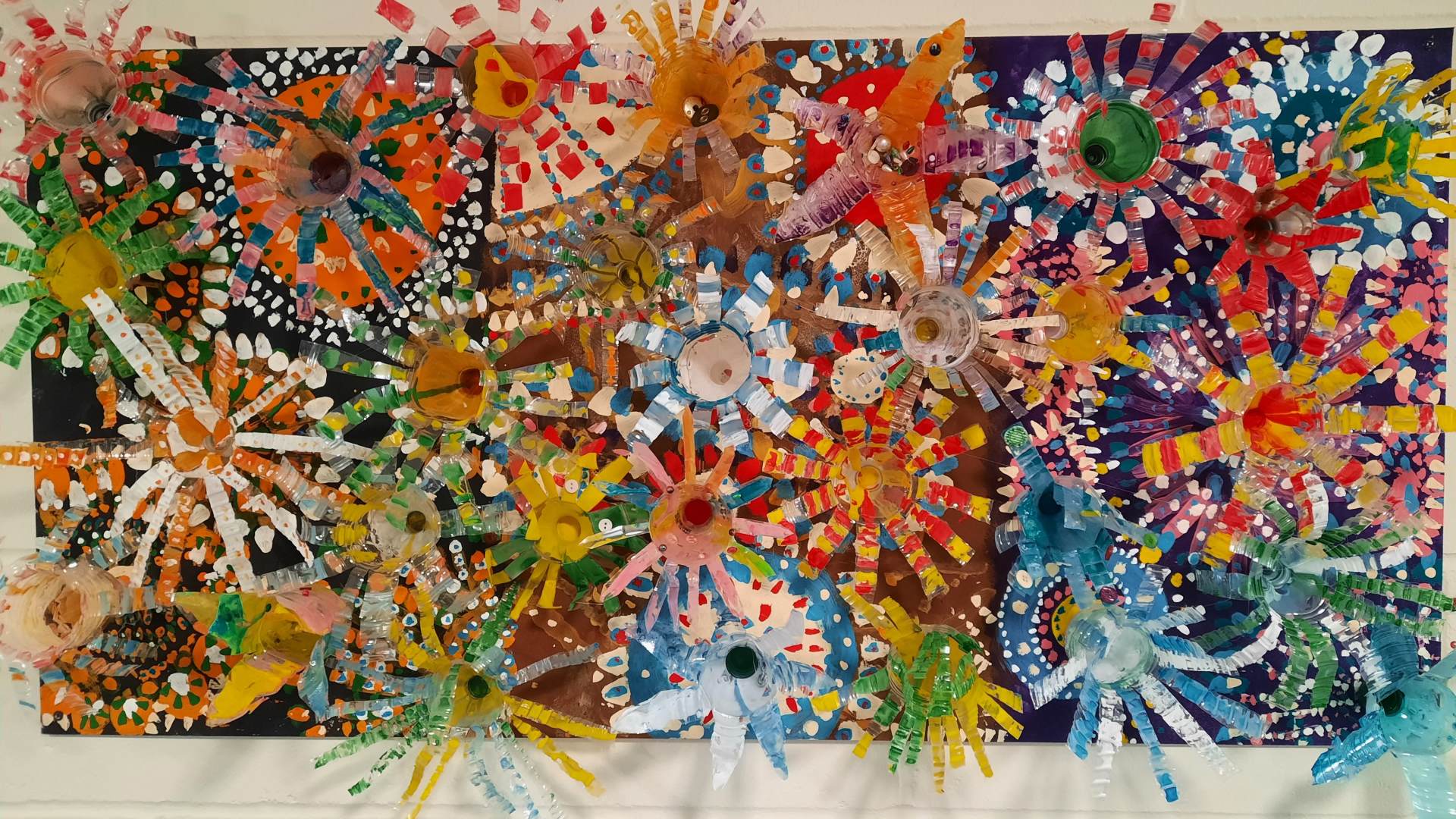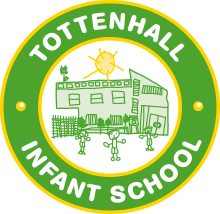Our Curriculum

The purpose of the curriculum at Tottenhall Infant School is to provide all our pupils with the best start in life. Our aim is for pupils to have the communication skills and knowledge to become successful lifelong learners, skilled independent caring citizens of their community and the wider world. We want all our pupils to be inquisitive, creative thinkers and to develop the independence and confidence to be the best they can be. We will do this through offering a broad and balanced curriculum including a range of rich learning experiences in school and the wider community. Learning in our school is deep and meaningful. The experiences and knowledge that the children gain in lessons will be fully embedded. We expect the children to recognise the importance of taking pride in presentation and developing positive personal standards.
Our curriculum aims to:
- Provide a broad and balanced education for all pupils that’s coherently planned and sequenced towards cumulatively sufficient knowledge for skills and future learning and employment
- Enable pupils to develop knowledge, understand concepts and acquire skills, and be able to choose and apply these in relevant situations
- Support pupils’ spiritual, moral, social and cultural development
- Support pupils’ physical development and to take responsibility for their own health, and enable them to be active
- Promote a positive attitude towards learning
- Ensure equal access to learning for all pupils, with high expectations for every pupil and appropriate levels of challenge and support
- Equip pupils with the knowledge and cultural capital they need to succeed in life
- Provide a school day that excites, challenges and motivates each child
- To encourage children to become independent learners
- For all children to reach their full potential academically, socially and physically
- To ensure children acquire a sense of personal and social responsibility as well as spiritual and moral awareness
- To ensure children develop confidence, high self-esteem and tolerance of and respect for other people including those of other cultures and races
- To develop lively enquiring minds that will enable children to reason, question and participate in discussions
- To provide our children with an enthusiasm to be life-long learners and confident citizens of the future
The following 3 Key Curriculum Drivers underpin the curriculum at Tottenhall Infant School.
They have been carefully chosen to reflect our community.
To find out further information about the school curriculum, please contact the school office.
The curriculum is both ambitious and well planned to meet the needs of all pupils. Leaders and teachers have a clear understanding of the curriculum they want pupils to follow.
Ofsted Report – 2021




